
Week's balance: Rada launches land market and approves new finance minister, while Ukrainian economy struggles to survive coronavirus crisis
The Rada has passed a historic law on the launch of the land market from July 2021 and replaced the head of the Ministry of Finance, while the Cabinet of Ministers promised to consider the possibility of easing quarantine to support the economy – these are the key economic news of the past week.
The outgoing week was marked by a truly epic event. Parliamentarians at an extraordinary meeting amid tough quarantine measures finally adopted a law on farmland turnover, paving way for the launch of the land market on July 1, 2021. Ukraine hasn't had this market for the last 100 years, while, since 2001, the Rada, under the pressure of populists and agricultural lobbyists, has annually extended a ban on farmland sales.
Over the past two decades, the deputies could have prepared and launched the land market. But the Rada's previous convocations were clearly not interested in resolving the issue. They speculated that one should not commit "sacrilege" by selling out Ukrainian land. Over the years, countless boogeyman stories have been told intimidating people in exchange for support in the next election. At the same time, the shadow land market has been operating perfectly well in Ukraine: any wealthy actors could get hold of land plots through various sophisticated schemes.
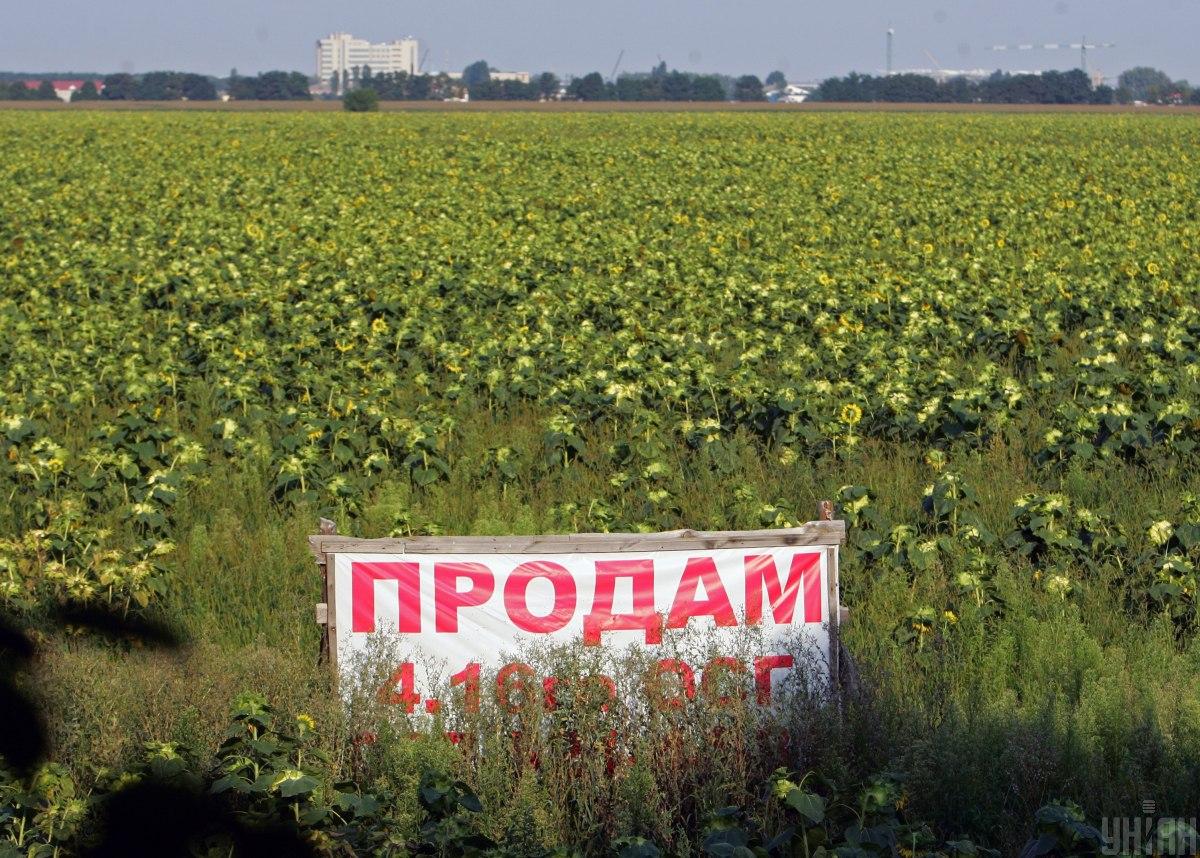
So on March 30, 2020, the Rada put an end to a months-long saga of considering the bill. At the same time, a number of legislators from among land market opponents are in no hurry to admit defeat – they submitted draft resolutions to cancel the final vote claiming procedural errors. Therefore, the document cannot be submitted for president's signature before Parliament formally rejects these draft resolutions. Due to the nationwide quarantine, deputies plan to work in committees throughout April without holding plenary meetings, so the law's entry into force may be delayed. That's' unless President Volodymyr Zelensky decides to convene an extraordinary meeting to finally complete land reform. Analyzing the adopted law, it should be noted that it differs from the liberal version developed by the Cabinet of Oleksiy Honcharuk, who was dismissed in early March.
For example, the land market in Ukraine will start working from July 1, 2021, not from October 1, 2020, as was planned initially. The reform will be carried out in two stages. At the first stage, only Ukrainian nationals will be allowed to own land. A limit was set at 100 hectares per buyer. The second phase of the reform starts on January 1, 2024. Then legal entities will get the right to acquire land, with the ceiling of 10,000 hectares.
The law bans sales to foreigners, companies owned by Russian nationals, legal entities with foreign shareholders and legal entities whose beneficiaries cannot be identified, or whose beneficiaries are registered in offshore zones, as well as to sanctioned persons. The sale of municipal and government-owned lands is also prohibited. That is, it's private land plots that can be sold. The sale of plots located in the temporarily occupied territory shall be barred: they can only be inherited.
Obviously, the adoption of the law in such a limited version significantly reduces the potential flow of investment from foreign companies. At the same time, it can be considered a compromise to some extent, because Ukrainians still have an ambiguous attitude to the reform. In addition, the government has more than three years to develop mechanisms for selling land to legal entities. Like it or not, this is much better than a complete ban on the sale of land, which remained in place only in such "advanced" economies as North Korea, Tajikistan, Venezuela, Cuba, and Congo.
Pinned to the wall
Speaking about the launch of the land market, it is important to note that the deputies passed the law in an emergency mode because land reform is one of the two key conditions set by the International Monetary Fund for Ukraine to be able to count on a new cooperation program with its main lender. The second condition is the adoption of the law on banking regulation, which the deputies at the same historic meeting passed at first reading.
Before the bills were voted, President Zelensky addressed the deputies, stating that Ukraine in today's conditions would not last long without IMF money.
"It is very important for us that a be signed with the International Monetary Fund. And you are very well aware that the two main conditions are the land law and banking law... Today it is important to support our economy, it is vitally important, this is blood for our economy," he said from the parliament rostrum.
Prime Minister Denys Shmyhal echoed Zelensky, stating that the country this year should pay off about $9 billion in foreign and domestic obligations. However, due to the coronavirus pandemic and the global financial crisis, the government is forced to direct budget funds primarily to protect health and life of Ukrainian citizens. Meanwhile, there will be no money left to pay off debts. Therefore, without the help of the IMF and other creditors, Ukraine is facing default.
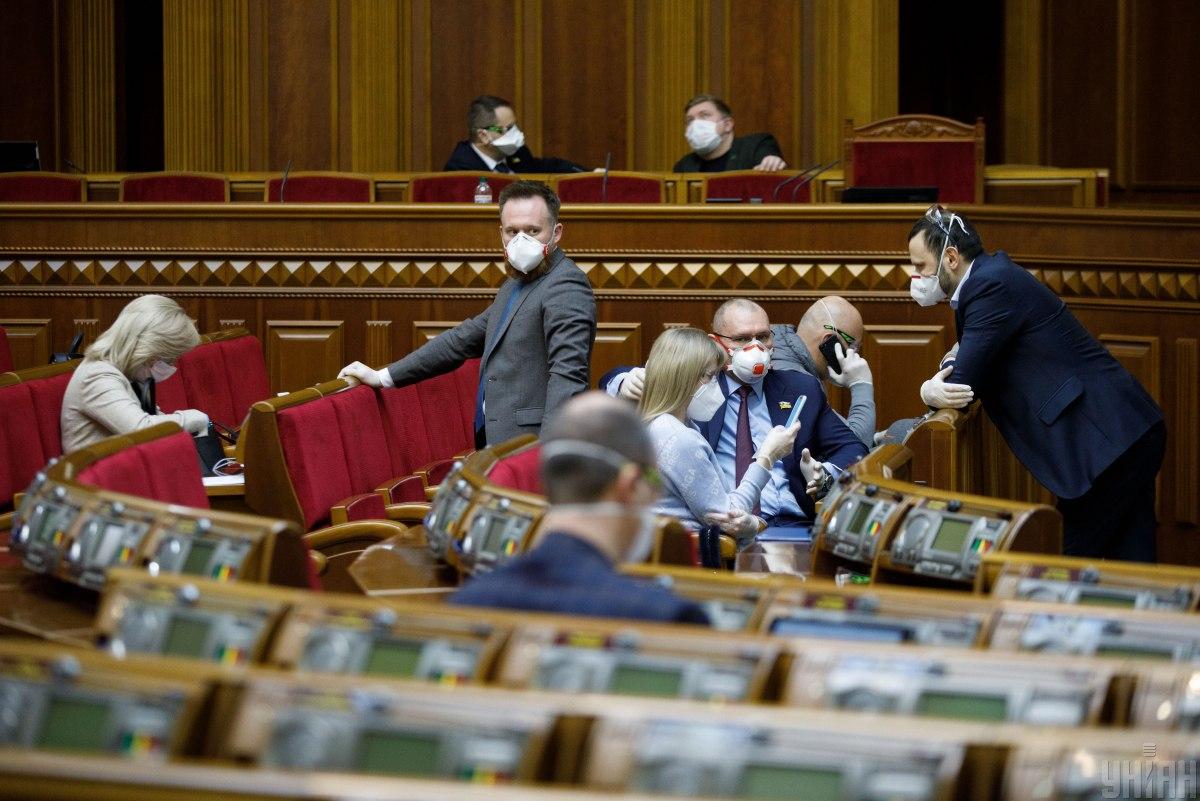
"Without the support of international financial organizations in order to pay off external and internal debts, we will surely be forced to simply fall into this abyss of financial default. This is a very frightening scenario for our country, therefore, of course, we don't want this and we don't expect such developments," the prime minister emphasized.
After the Rada meeting, experts agreed that the IMF could soon make a positive decision on a new program of cooperation with Ukraine.
Hlib Vyshlinsky, Executive Director of the Center for Economic Strategy, expects that actual funding may start as early as late April. "Most likely, we are approaching a program with the IMF, which can actually start; we can get the first money as early as late April. Accordingly, this means that we can walk the basic scenario without default," the expert said.
The head of government at a private meeting with business CEOs noted that Ukraine has already received "positive signals" from the IMF and the World Bank, so he expects funding to begin in the near future.
Daniil Hetmantsev, head of the parliamentary committee on finance, tax, and customs policy, expects that immediately after the final adoption of the law on banking regulation, Ukraine may receive the first tranche of an IMF loan in the amount of about $4 billion.
Change of finance minister
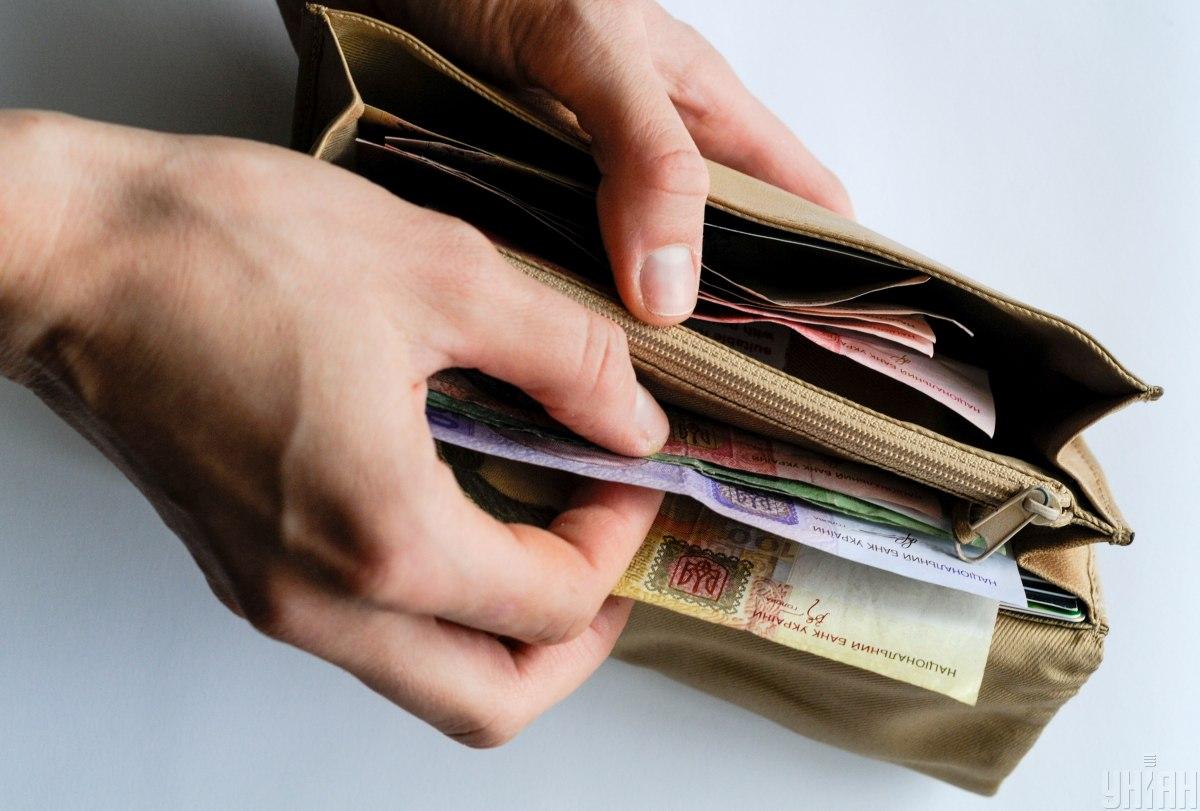
The coronavirus epidemic that triggered the global economic crisis hit Ukraine's economy painfully. According to the State Treasury, the state budget in January-March 2020 received UAH 210.7 billion of revenue, which is UAH 27.6 billion, or 11.6%, below the target. And while the target for taxes and fees in the first quarter was exceeded by UAH 200 million, the figures at customs cannot be called successful. In March alone, the agency fell short of UAH 5.5 billion. At the same time, in January and February, customs performed UAH 13 billion below the target.
Given the problems with the coffers, the government decided to significantly cut the revenue part of the budget and redraw expenditures. However, the proposed option let people's deputies totally unimpressed so they failed to pass budget amendments and forwarded the bill for revision to the profile committee. In preparing the initial version, a serious conflict arose between the head of government and Finance Minister Ihor Umansky, appointed on March 4. Moreover, the head of the Ministry of Finance sent Shmyhal submissions on sacking heads of customs and tax services - Maksym Nefyodov and Serhiy Verlanov. It is not yet clear what cause the rift, but in the end, at the suggestion of the Cabinet, the Parliament unexpectedly dismissed Umansky, who had been in office for only three weeks, and appointed Serhiy Marchenko, a young economist with rich experience in government agencies, to replace him
Saving a weakening economy
Even if an IMF loan is received and the state budget is quickly amended, this will hardly heal the government of all headaches.
Due to quarantine, most of the economy has actually been frozen since March 12. This will last at least until April 24. Forced downtime leads to shortfalls in taxes and fees; it has also become a serious test for Ukrainians. Lack of work and, consequently, salaries, for a significant part of the population could turn into a serious crisis for the authorities.
Data obtained by the Research & Branding Group analytical firm suggests that almost half of Ukrainians (40%) have no savings to cover the entire quarantine period. Only 13% of respondents have money that will last for several weeks, 17% have funds for only one month of quarantine. In addition, 68% did not stock up for the period of quarantine restrictions. 36% of Ukrainians expressed confidence that quarantine would significantly worsen their financial situation, and only 19% believed that nothing would change financially for them.
Earlier, economists pointed out that Ukraine, in its fight against coronavirus, took the path of wealthier countries, suspending a significant part of the national economy. This cannot last long though because the overwhelming majority of Ukrainians don't have enough savings to remain idle for several months. Therefore, it is vital to at least partially relaunch the economy. In the past week, the prime minister several times mentioned the option of significantly mitigating quarantine measures.
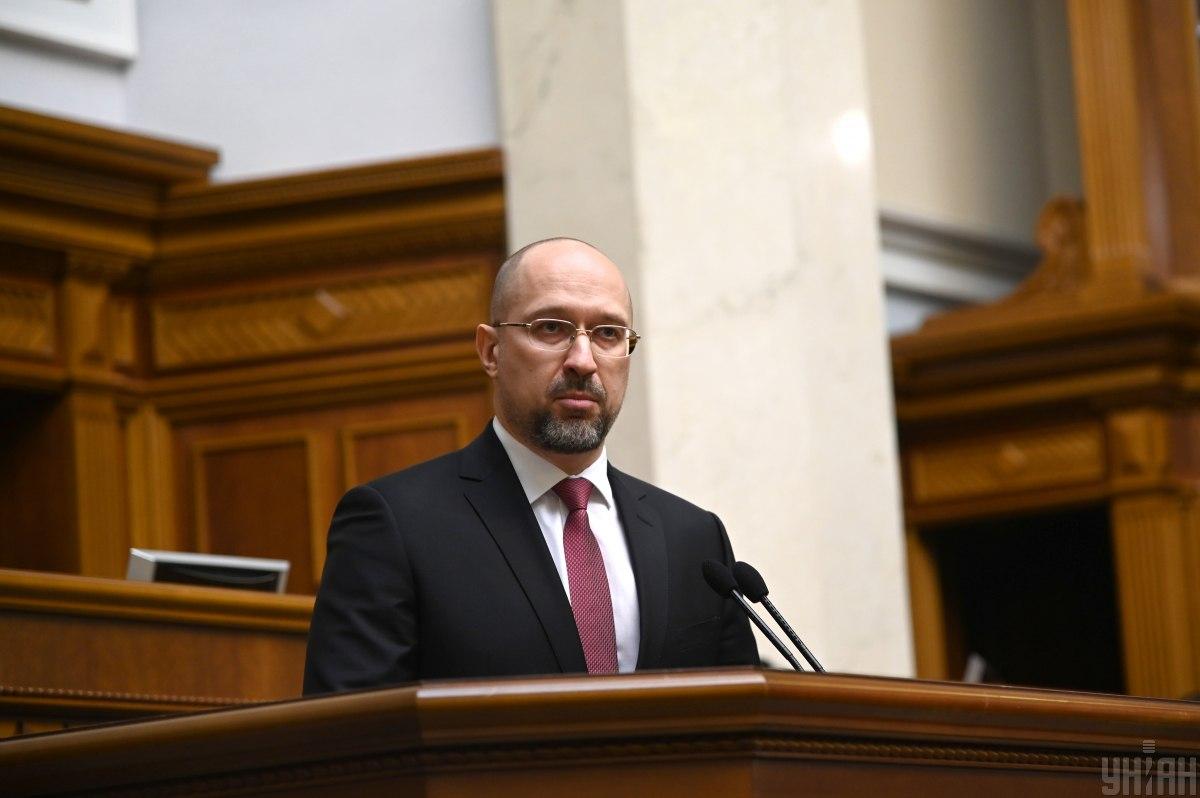
"We understand very well that many people, most of Ukrainians have no financial cushion. People must earn, the economy must be launched. Ukraine is also not a rich country that can afford to stay idle for six months, just sitting at home watching TV," the head of government said.
According to him, several scenarios for getting out of quarantine have been developed. Everything will depend on how the country will pass the Easter holidays. It is during this period that many experts predict a surge in incidence. If the dynamics of the disease is positive, then at the end of April the country will see gradual relaxation of quarantine measures in the economy.
"This process will take place in several stages. First, people of working age will return to work, in parallel lines public transport operations will partially be restored. This will allow us to begin the 'restart of the economy' in early May," said Shmyhal.
The prime minister added that the gradual launch of the economy does not mean that other quarantine measures will not be tightened. It is noteworthy that in the past week the Ministry of Health has already allowed reopening food markets, subject to certain conditions being met by both staff and customers. In addition, the government has expanded the list of activities allowed during quarantine, including the sale of spare parts for vehicles, poultry; the functioning of all types of financial institutions, including pawnshops and credit unions.
How oil war will affect Ukraine
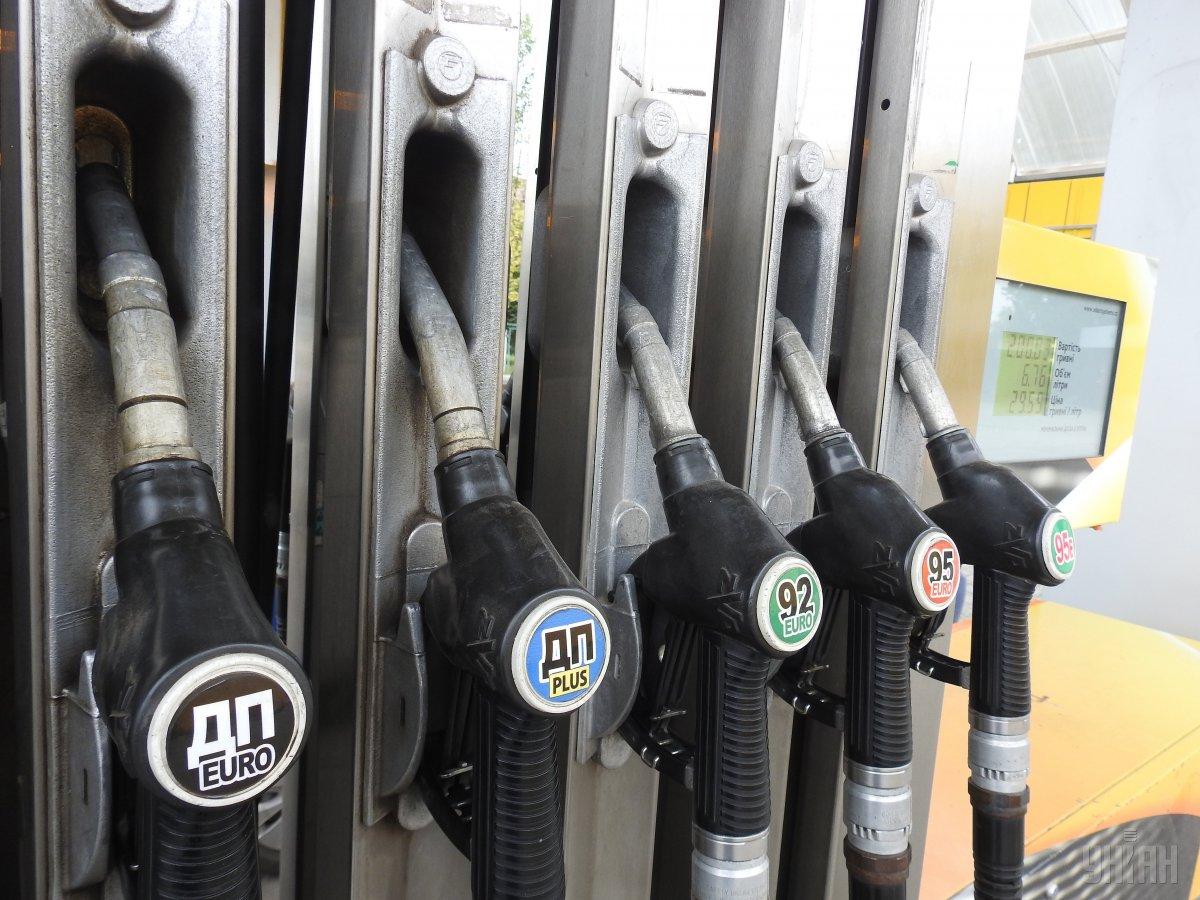
In addition to the coronavirus pandemic and the global economic crisis, one of the main global topics remains the price war between Saudi Arabia and Russia. The confrontation that began in early March is not subsiding, while oil prices are still falling.
In the first quarter of 2020, Brent crude fell by 66% and WTI – by 67%. As of April 1, futures for Brent crude oil fell to $25.41 per barrel, and WTI – to $20.11. Such low prices can remain in place for a fairly long period. Moreover, no one can predict when the coronavirus pandemic will end, and economic activity resume on world markets.
As for the Ukrainians, the main question is how it will affect the domestic economy and fuel prices. According to the Antimonopoly Committee, since December 2019, gasoline and diesel prices at Ukrainian gas stations have fallen by an average of 13%. At the same time, the committee is sure that there is a potential for a more substantial reduction in prices.
This the Antimonopoly Committee of Ukraine tried to convey to the heads of large gas station chains at a meeting held this week.
Meanwhile, chief of the A-95 Consultancy Serhiy Kuiun is not so optimistic about the forecasts. According to him, due to the stabilization of the exchange rate, the price of gasoline at Ukrainian gas stations really has the potential to decrease by about UAH 3 per liter. Kuiun also notes that due to quarantine, business activity is dropping, which will entail a decrease in sales at gas stations, which may raise the margin or lay off part of the staff to compensate.
The prospects for Ukrainian oil and gas producing companies look rather obscure. Representatives of the country's largest oil producer, Ukrnafta, said that without the support of the state's leadership, the company would face a financial collapse and a halt in production due to falling demand for petroleum products and a record drop in oil prices.
The company proposed that the government introduce "tax holidays" for oil and gas companies to pay rent by the end of 2020, or amend the Tax Code by temporarily reducing rent rates for oil and condensate to 6%.
The upcoming week also promises to be saturated with economic news. The focus will remain on coronavirus and its impact on the domestic and global economies. In addition, the Verkhovna Rada may convene for an extraordinary meeting to adopt amendments to the budget and the law on banking regulation at second reading, which will open the way to the start of a new program of cooperation with the IMF.
Starting next week, weather conditions will allow most cities to complete the heating season, while the State Statistics Service will publish inflation data for March.
Dmytro Shvarts

